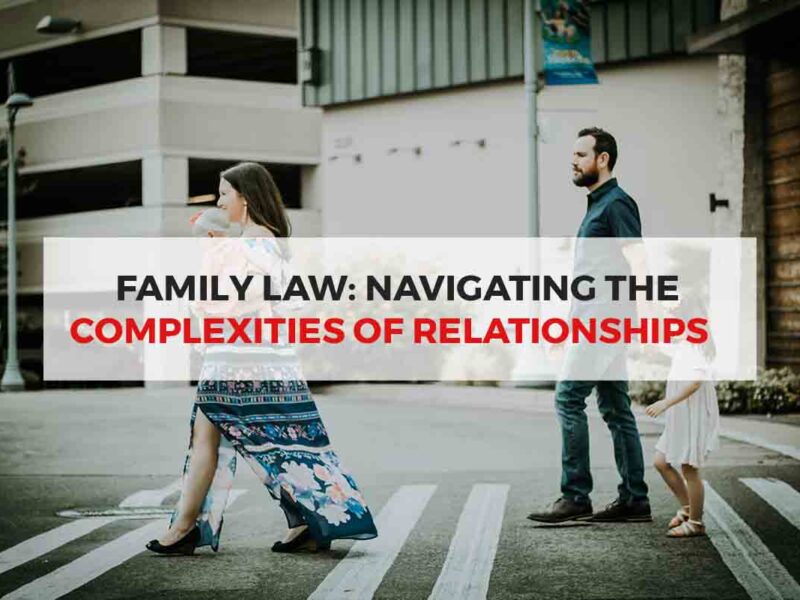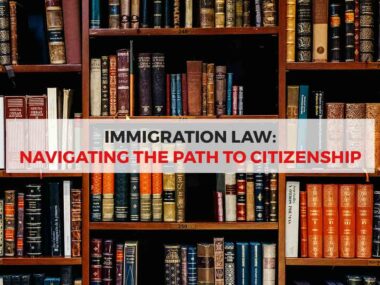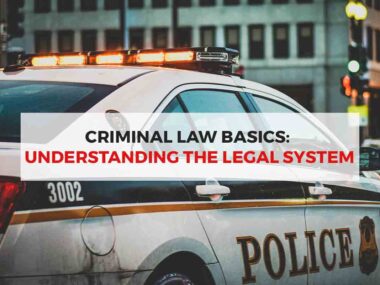Introduction
Family is the foundation of society, and connections inside families are many-sided and diverse. While everyday life is frequently set apart by adoration and backing, it isn’t insusceptible to difficulties and clashes. This is where family regulation moves toward, filling in as the legitimate structure that oversees different parts of familial connections. In this article, we will dive into the intricacies of family regulation, investigating its degree, key parts, and the basic job it plays in saving the steadiness of families.
Figuring out Family Regulation
Family regulation includes an expansive range of lawful issues that spin around familial connections. Its essential goal is to control and safeguard the freedoms as well as expectations of people inside a nuclear family. From marriage and separation to youngster authority and reception, family regulation addresses the absolute most close parts of our lives.
Marriage and Separation
At the core of family regulation lies the foundation of marriage. It lays out the legitimate starting point for a family and carries with it a bunch of freedoms and commitments. In any case, relationships are not safe to difficulties, and when beyond reconciliation contrasts emerge, the legitimate course of separation becomes possibly the most important factor. Family regulation gives the rules to the disintegration of relationships, resolving issues like divorce settlement, division of property, and youngster authority.
Youngster Guardianship and Backing
One of the most sincerely charged parts of family regulation is youngster guardianship. At the point when guardians choose to head out in different directions, figuring out where the kids will live and how choices in regards to their childhood will be made turns into a focal concentration. Family courts expect to focus on the wellbeing of the youngster, looking for game plans that give steadiness and guarantee their prosperity.
Kid support is another basic part, guaranteeing that the two guardians contribute monetarily to the childhood of their youngsters. Family regulation lays out rules for computing youngster support in light of elements like pay, costs, and the kid’s necessities.
Reception and Surrogacy
Family regulation stretches out its compass to issues of reception and surrogacy, working with the lawful cycles engaged with extending families. Reception includes the exchange of parental freedoms from natural guardians to new parents, while surrogacy permits people or couples to have a youngster with the help of a proxy mother. Family regulation gives the essential lawful system to guarantee the freedoms as well as expectations of all gatherings included.
Difficulties and Discussions in Family Regulation
While family regulation means to explore the intricacies of connections, it isn’t without its difficulties and debates. The advancing idea of cultural standards, social contrasts, and individual convictions frequently lead to banters inside the overall set of laws.
Same-Sex Marriage and LGBTQ+ Freedoms
As of late, family regulation has confronted critical difficulties connected with the acknowledgment of same-sex relationships and LGBTQ+ freedoms. The legitimate scene has developed to mirror a more comprehensive comprehension of family, testing customary standards. Family regulation assumes a critical part in guaranteeing equivalent privileges for all people, no matter what their sexual direction or orientation character.
Abusive behavior at home and Defensive Orders
One more quarrelsome issue inside family regulation is aggressive behavior at home. Guaranteeing the wellbeing of people inside a nuclear family is principal, and family regulation gives instruments, for example, defensive orders to safeguard casualties from hurt. Adjusting the freedoms of the blamed with the need to safeguard casualties represents a consistent test for the general set of laws.
Global Family Regulation Issues
As families become more globalized, worldwide family regulation has acquired noticeable quality. Cross-line relationships, youngster authority questions, and issues connected with worldwide movement present remarkable difficulties. Blending lawful standards across various wards becomes pivotal in tending to these perplexing circumstances.
Adjusting Family Regulation to Present day Real factors
Notwithstanding quickly changing cultural standards, family regulation should adjust to resolve arising issues. One such test lies in the domain of conceptive advancements. As headways in science empower additional opportunities, family regulation wrestles with questions encompassing the legitimate parentage of kids brought into the world through helped conceptive methods. Clear legitimate systems become fundamental to decide the freedoms as well as expectations of all gatherings included, including benefactors, proxies, and planned guardians.
In addition, the ascent of forward thinking family structures requires family regulation to expand its degree. Mixed families, where people with kids from past connections meet up, present special difficulties as far as legacy, independent direction, and the general elements of everyday life. Family regulation should explore these perplexing connections, guaranteeing that lawful securities are stretched out to all relatives, no matter what their organic associations.
Intervention and Elective Question Goal
While family regulation frequently includes suit, there is a developing acknowledgment of the advantages of elective question goal techniques, like intercession. Intervention offers families a more genial and cooperative method for settling clashes, particularly in issues like separation and youngster guardianship. By advancing open correspondence and split the difference, intervention enables families to effectively take part in molding the results of their cases, cultivating a feeling of control and diminishing the close to home cost frequently connected with court fights.
The Fate of Family Regulation: Innovation and Protection
The coming of innovation acquaints another aspect with family regulation. Issues connected with protection, particularly concerning the sharing of individual data and correspondence inside families, have become progressively significant. Online entertainment, for example, can possibly affect separate from procedures, kid guardianship questions, and, surprisingly, aggressive behavior at home cases. Family regulation should explore these computerized scenes, taking into account the ramifications of innovation on the protection and prosperity of relatives.
Furthermore, the utilization of man-made brainpower in legal actions is not too far off. Prescient calculations might help with deciding results in view of authentic information, yet they additionally raise moral worries. Family regulation should work out some kind of harmony between embracing mechanical progressions and defending the basic standards of equity, reasonableness, and individual privileges.
Conclusion: A Unique Lawful Scene
In conclusion, family regulation works inside a powerful lawful scene formed by cultural changes, developing family structures, and mechanical headways. Its job stretches out past conventional worries, enveloping arising issues that mirror the intricacy of current connections. As the general set of laws keeps on adjusting, it is critical to keep an emphasis on equity, value, and the prosperity of all people inside the nuclear family.
Exploring the intricacies of connections requires a nuanced and multi-layered approach. Family regulation fills in as both a shield and an aide, offering lawful designs that maintain the freedoms of people while recognizing the different idea of familial associations. As we push ahead, it is fundamental for family regulation to stay receptive to the advancing necessities of our general public, guaranteeing that its standards mirror the real factors of contemporary everyday life. Through smart transformation and a pledge to equity, family regulation can keep on being a foundation in encouraging solid, strong, and flourishing families.




